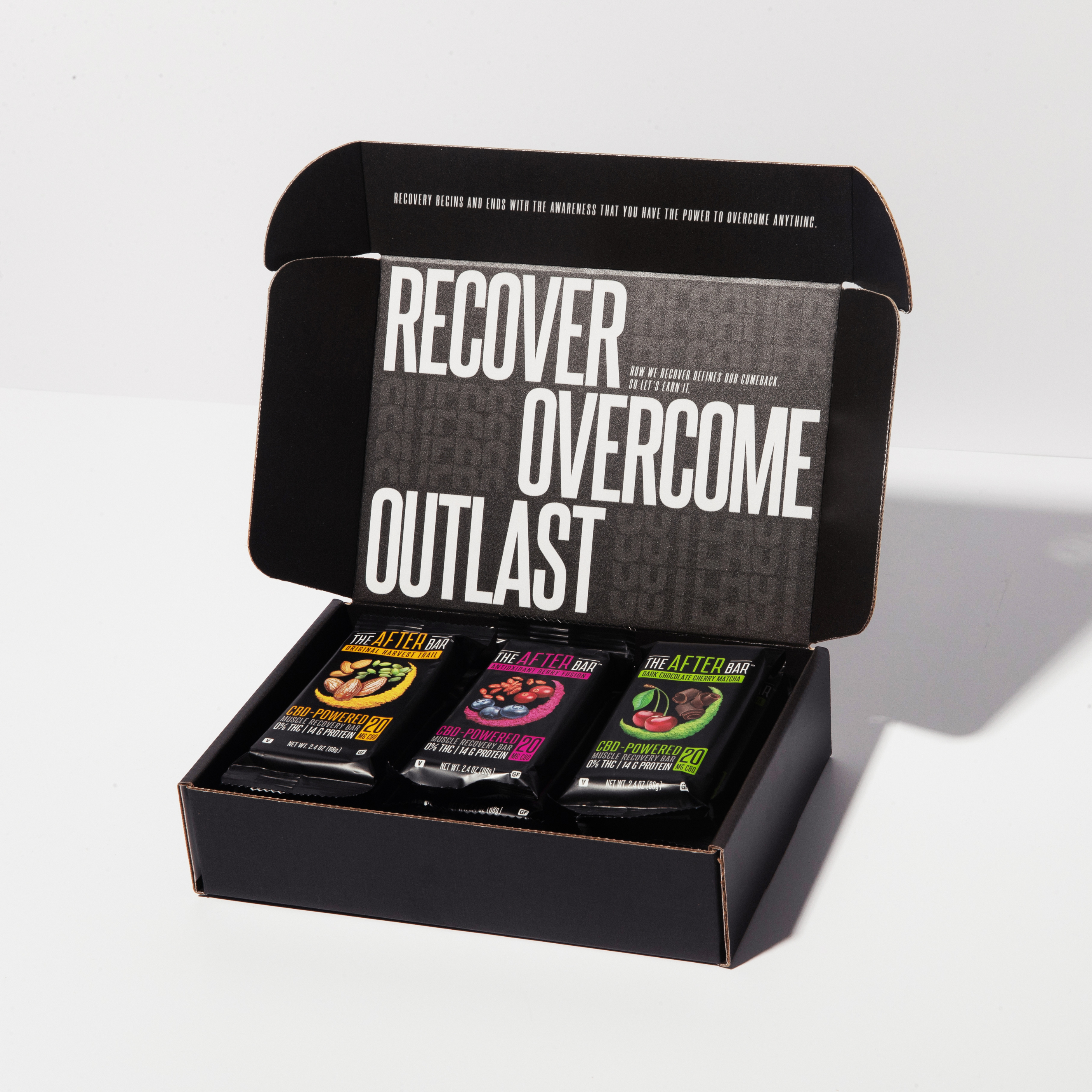Get out of your own damn way: 10 tips to stop holding yourself back from greatness.

Life already presents us with enough obstacles, challenges, and setbacks. We don't need to add to them by being our own worst enemies. Negative self-talk, self-doubt, and fear of failure can prevent us from taking action t our goals and dreams. Here are our ten tips to stop holding yourself back from greatness.
1. Identify the negative self-talk:
Remember, you are your own biggest advocate, and by changing the way you talk to yourself, you can change your life.
2. Practice self-compassion:
Practicing self-compassion can help you break free from negative self-talk and build resilience in the face of challenges. Instead of beating yourself up over mistakes, treat yourself with kindness and understanding, just as you would a friend who is going through a tough time.
Recognize that setbacks and failures are a natural part of the learning process and an opportunity for growth.
3. Set realistic goals:
Often, we hold ourselves back by setting unrealistic goals or by setting too many goals at once. This can lead to overwhelm and a feeling of failure before we even begin.
To set achievable goals, start by identifying what you want to achieve and why it's important to you. Then, break down the goal into smaller, manageable steps that you can work towards each day or week. Make sure these steps are realistic and achievable, based on your current skill set and available resources.
When setting goals, it's important to be specific and measurable. Instead of setting a vague goal like "lose weight" or "get in shape," set a specific goal such as "lose 10 pounds in 2 months" or "run a 5k by the end of the year." This will help you track your progress and stay motivated.
Remember, achieving your goals is a journey, not a destination. Enjoy the process and celebrate each step along the way.
4. Embrace failure as a learning opportunity:
Embracing failure as a learning experience means recognizing that failure is a natural part of the learning process and an opportunity for growth. It involves reframing failure as a valuable experience that can help you learn, grow, and ultimately succeed.
Instead of viewing failure as a personal weakness or a reason to give up, view it as a necessary step towards success. Recognize that failure provides valuable feedback on what went wrong and how you can improve in the future.
It's also important to take responsibility for your failures and learn from your mistakes. Avoid making excuses or blaming others for your failures, and instead, focus on what you can do differently in the future. This may involve seeking feedback from others, reflecting on what worked and what didn't, and making adjustments to your approach.
Finally, it's important to recognize that failure is not the end of the road but simply a detour. Embracing failure as a learning experience can help you build resilience and bounce back from setbacks stronger than ever before.
5. Take action:
It's easy to fall into the trap of waiting for the perfect moment or for conditions to be just right before taking action. However, this mindset can be incredibly limiting and can prevent you from making progress towards your goals.
Instead of waiting for the perfect moment, start taking small steps towards your goals today. Break your goals down into manageable tasks and start working on them one at a time. Remember that progress is better than perfection. Perfectionism can lead to procrastination and inaction, which ultimately holds you back from achieving your goals.
Taking action also means being willing to make mistakes and learn from them. Don't be afraid to try new things, experiment, and take risks. Even if things don't go exactly as planned, you can still learn from the experience and use that knowledge to improve and make progress toward your goals.
Remember that taking action is not a one-time event, but a continuous process. Keep taking small steps towards your goals every day, and eventually, those small steps will add up to significant progress.
6. Surround yourself with positive influences:
The people you spend time with have a significant impact on your mindset, attitude, and behavior. Being around positive influences can help you stay motivated, focused, and inspired.
Positive influences can come in many forms, including family, friends, mentors, coaches, and colleagues. Seek out people who uplift and support you and who believe in your potential. Being around positive influences can help you develop a growth mindset and give you the confidence to take on new challenges and pursue your goals.
It's essential to surround yourself with people who have a positive attitude and encourage you to grow and improve. Negative influences, on the other hand, can hold you back and drain your energy. Be mindful of the people you spend time with and how they make you feel. If someone consistently brings you down or undermines your efforts, it may be time to limit your time with them or cut ties altogether.
Remember that positive influences can also come from outside of your immediate circle. Seek out books, podcasts, and other resources that inspire and motivate you. Attend events and conferences where you can connect with like-minded individuals and learn from experts in your field.
7. Practice self-care:
One of the most important aspects of self-care is taking care of your physical health. This includes eating a healthy and balanced diet, exercising regularly, and getting enough sleep. Eating a healthy diet can help you maintain energy levels and focus, while regular exercise can help reduce stress, boost your mood, and improve your overall health. Getting enough sleep is also crucial for your physical and mental well-being, as it helps your body rest and recover.
In addition to taking care of your physical health, practicing self-care also involves taking care of your emotional and mental well-being. This can include things like practicing mindfulness, seeking therapy or counseling when needed, and engaging in activities that promote relaxation and stress relief, such as yoga or meditation.
8. Cultivate a growth mindset:
Cultivating a growth mindset is about adopting a positive attitude towards challenges and setbacks. Instead of seeing them as insurmountable obstacles, you view them as opportunities to learn, grow, and improve. By embracing challenges, you allow yourself to step out of your comfort zone and push yourself to new heights. You also develop a belief in your own ability to improve and learn new skills through dedication and hard work. This mindset can help you overcome self-doubt and fear of failure, and allow you to approach new tasks and challenges with a sense of curiosity and enthusiasm. By continually striving to develop your abilities and skills, you can achieve your goals and live a fulfilling life.
9. Set Boundaries:
Setting boundaries is an essential component of taking care of yourself and getting out of your own way. Saying "no" to commitments or tasks that don't serve your goals or values can help you prioritize your time and energy. When you set boundaries, you create a clear line between what you're willing to accept and what you're not, which can help reduce feelings of overwhelm, burnout, and resentment. It can be challenging at first, especially if you're used to saying "yes" to everything, but remember that it's okay to prioritize your own needs and goals.
You can start by identifying areas where you feel stretched thin or overcommitted and setting limits on what you can take on. Additionally, be clear and direct in your communication with others about your boundaries, and be willing to enforce them when necessary.
10. Celebrate your successes:
Celebrating your successes is an important part of staying motivated and inspired to keep moving forward. Recognizing your progress, no matter how small, helps build momentum and confidence in your abilities. It's important to acknowledge your hard work and dedication and take the time to celebrate your accomplishments. Celebrating can take many forms, from treating yourself to something special, to sharing your achievements with friends and family, to simply taking a moment to reflect on your progress and feel proud of yourself. You are not only recognizing your own hard work and achievements but also inspiring yourself to continue pursuing your goals and aspirations.



































Leave a comment